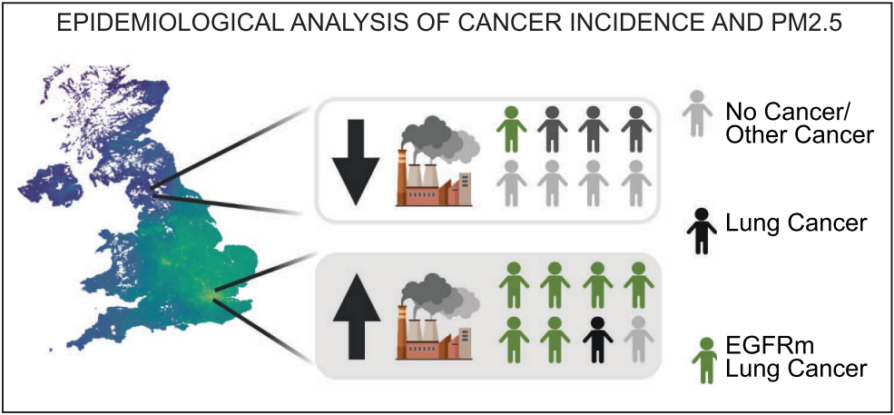The thing with air pollution is that it never stops, and that occupies our entire lives. It is unfortunate and complicated, especially when researchers come up with warnings. According to new research from an extensive study, breathing in a lot of microscopic airborne particles can raise your chance of getting lung cancer in just three years. Further information on the development of the illness is also provided by the research, and the findings are genuinely intriguing yet shocking.
An increased risk of developing lung cancer driven by the epidermal growth factor receptor (EGFR) – it is known to mainly affect non-smokers or people who do not smoke that much – was found to be associated with high levels of critically small pollutants, according to a study of nearly 33,000 people with lung cancer. The findings are indeed shocking, as previously explained, so please take them as they are and try to understand the researchers’ point of view and work.
According to the researchers, those findings confirm that air pollution has a significant role in the development of lung cancer and highlight the urgency of taking steps to lessen pollution and safeguard the public’s health. The authors of the study explain:
Collectively, these data, combined with published evidence indicate that there is an association between the estimated incidence of EGFR-driven lung cancer and of PM2.5 exposure levels and that 3 years of air pollution exposure may be sufficient for this association to manifest.
Here’s a small depiction of how everything happens:

And lastan ly, examination of the healthy lung tissue from 295 individuals found even more triggering results. For example, a sizable percentage of those involved in the investigation had genetic abnormalities that might cause cancer later in life, putting their health in even greater danger from exposure to high levels of PM2.5.
The researchers acknowledge that their research has somehow some shortcomings and further study is necessary.












Leave a Reply